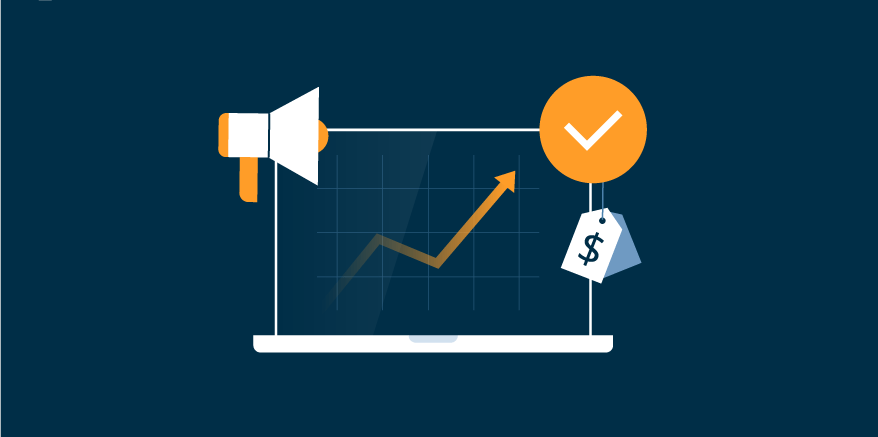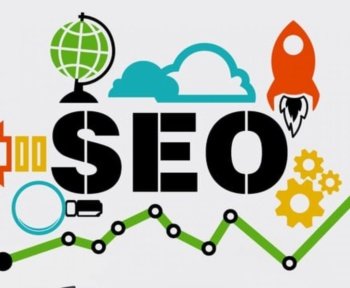Table of Contents
What is performance marketing?
As the name implies, performance marketing is a form of digital marketing where brands are paid based on the performance of their campaigns.
Performance-based marketing comes in all shapes and sizes. But in short, there are two main parties: the brand or company that wants to promote, and the publisher or the person or company that promotes it. The two organizations work together to set specific goals, create a set of plans and agreements to achieve them, and set up tracking to be 100% clear about when those goals will be met. When all of this is done according to established rules, the brand pays the publisher for the work done.
In addition to working directly together, there are a variety of networks, platforms, and agencies that can manage and oversee the process.
How does performance marketing work?
There are four entities commonly involved in formulating and implementing a performance marketing strategy:
- The brand is Also known as a merchant, retailer, or advertiser. It is a company that sells goods or services and wants to achieve a specific goal such as gaining more leads or sales.
- The publisher, Also known as an affiliate, marketer, or partner. It is the individual or company that uses different strategies and technologies to promote the brand and achieve its goals. Publishers advertise on their own media, such as their website, blog, or social media account.
- Network and Platform. Networks and platforms Connect third-party entities, campaigns, and payments that connect brands and publishers and track campaign performance. Brands do not necessarily have to go through the network, but they do need a platform to track clicks, sales, and other key performance indicators (KPIs).
- Outsourced Program Manager (OPM). These companies and agencies conduct full-service performance marketing campaigns for brands that do not want to run them internally. OPMs provide services such as marketing strategy, publisher hiring, campaign design, and regulatory compliance. They can also help you optimize performance through landing page optimization, search engine optimization (SEO), and other online marketing best practices.
Advantages of performance-based marketing
Performance marketing is a straightforward solution to one of today’s biggest marketing hurdles: attribution. Brands often do not realize what efforts are giving positive results to their business. Attribution is the act of connecting an effort directly with its outcome. Attributing all the marketing channels of the brand is an important step in getting a comprehensive view of how and why the customer buys.
This knowledge will help you optimize customer travel, starting with your first exposure to your brand and ending with sales.
Once you unlock these insights, your brand will not be discontinued.
Types of performance marketing
This is where a lot of people get confused: performance marketing is a broad term that applies to virtually any type of marketing initiative, where payment is based on obvious results.
This means that performance marketing will come under the umbrella as long as it works on a variety of digital marketing performance-based terms.
The type includes other forms of marketing:
- Social media marketing.
- Sponsored content and local or native advertising.
- Paid ad campaigns (in some cases).
Social media marketing
Social media marketing takes place on a variety of platforms, including Instagram, Facebook, Twitter, LinkedIn, and Snapchat. These types of performance marketing campaigns include Influencer Marketing and Paid Advertising Techniques.
Paid ads
Paid Advertising Count is performance marketing, where performance pays for ads based on performance compared to traditional measures such as cost per thousand (CPM) or price per click (CPC).
Although some experts consider CPC to be a form of performance marketing, we use a strict definition that defines cost-per-acquisition (CPA) marketing and pay-per-action or pay for each action.
Affiliate Marketing
The most common type of performance marketing is affiliate marketing.
Some marketers say affiliate marketing and performance marketing are interchangeable terms. Because they look very similar: they are both performance-oriented marketing approaches in which an individual or company promotes a brand, and then compensates based on the results.
But most experts agree that affiliate marketing is a subset of performance marketing because performance marketing can take on many more shapes and sizes than affiliate marketing.
Let’s look at a quick example of affiliate marketing. Like many affiliate marketing examples this example also falls under Influencer Marketing.
Have a drop shipping store selling women’s clothing with Instagram Influencer in the fashion world. The brand Influencer wants to run a competition that generates 100 registrations. To promote the competition, Influencers post a positive link on their Instagram profile and create various posts, videos, and articles that redirect their followers to the registration link. You can see how many people have signed up through that link and pay Influencer accordingly.
Sponsored content
In sponsored content performance marketing, the publisher publishes the content as a dedicated blog and replaces the blog performance based on brand-specific goals.
It may contain native or local advertising, which is advertising material designed to suit the published medium.
The main difference between sponsored content and native advertising is that in the case of sponsored content, the publisher develops the content to publish in their own media. In contrast, in the case of native advertising, the content is developed by the advertising brand and distributed to the publisher for publication.
If you find this information useful. Don’t forget to share and leave comments





